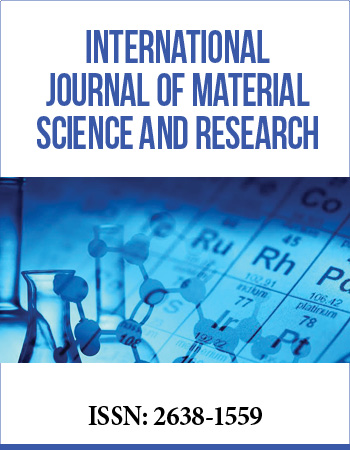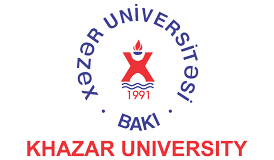International Conference on Materials Science and Research
November 16-18, 2017 Dubai, UAE
Robust Nano-particles on Active Perovskite Electrodes for High Temperature Electrochemical Device
Korea Institute of Ceramic Engineering & Technology (KICET), South Korea
Nano-structured surfaces, such as supported nano-wires, nano-tubes, nano-rods, nano-sheets, or nano metal particles have considerable potential to solve several key challenges which catalysis and renewable energy are currently facing, provided that their morphology and hence catalytic activity can be controlled during preparation but also during operation. In particular, the use of nanoparticles in solid oxide electrochemical cells has been considered problematic because the nano-structured surface typically prepared by deposition techniques may easily coarsen and thus deactivate, especially when used in high temperature redox conditions. Recently we have shown that perovskite lattice defects in general and built-in A-site vacancies in particular, are instrumental for tailoring several aspects related to exsolution, including particle nucleation, size, distribution, stronger interaction with the parent support, and can also enable a wider range of species to be ex-solved more reliably, including for instance, Ni (1)
Here we show that robust transition metal nano complex grown in situ from specifically designed nonstoichiometric perovskites or extreme nano ceria share a uniquely strong interaction with the parent support and form a well-functioning solid oxide electrolysis cell cathode, with good stability even after several redox cycles. In this study, it will be therefore concluded that novel method for robust ceramic electrode with nano complex could be used as an active cathode in solid oxide electrolysis with excellent redox and coking tolerance.
Biography:
Dr. Tae Ho Shin (Tim. J. Shin) is an academic researcher of Energy Materials Centre at Korea Institute of Ceramic Engineering & Technology (KICET), South Korea. He received M.S. in ceramic engineering from Yonsei University and his PhD in advanced materials chemistry from Prof. Tatsumi Ishihara at Kyushu University (PhD 2012), Japan. He held a research fellow position, followed by University of St Andrews Research Fellowship (2012-2015) and worked with Prof. John T. S. Irvine. After fellowship work, he joined the faculty of Energy Materials Centre at KICET, Korea. His research involves developing new oxide electrode for the electrochemical devices such as SOFC and SOEC. An area of particular interest is crystal structure analysis for understanding and predicting the design of materials with targeted electrochemical properties. Recently, he received the Reaxys PhD Prize FinalistAward (2012), Dr. Bernard S. Baker StudentAwards for Fuel Cell Research (2011, FCS&E USA), and the Electrochemical Society (USA)ʼs Summer Fellowship Award (2011).



